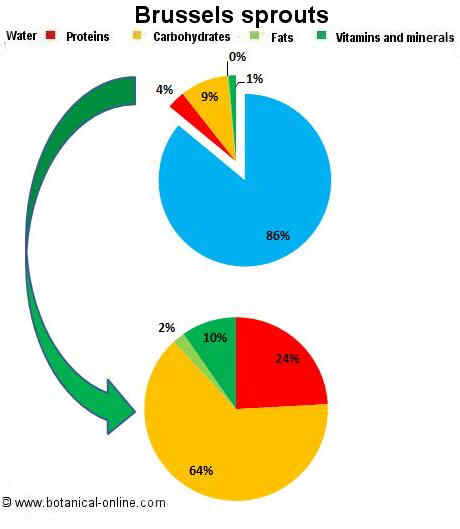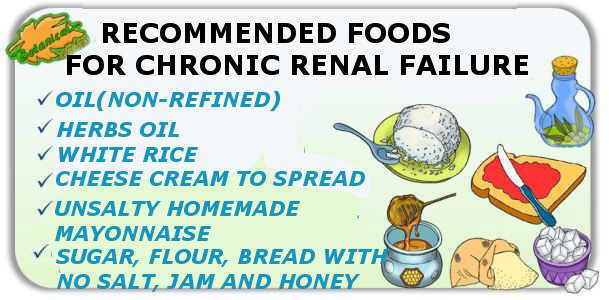Contents
Benefits of boron
What is boron?
Boron is a trace element or microelement important for the formation and hardness of bones, teeth and joints.
It is called trace element because the body needs this component in very low doses.
This element was not important in the diet until a few years ago when it was related to osteoporosis.
What is boron for? Functions of boron

In fact, boron is a mineral closely related to bone health and development, as well as other nutrients such as calcium, magnesium and vitamin D. This mineral helps to raise estrogen levels in the blood, and t estrogens help preserve bones.
By this mechanism, consuming foods rich in boron (mainly fruits and vegetables) has a protective role against osteoporosis.
Scientific studies have shown that administering 3mg. of boron a day can double the blood levels of estrogens. In addition, boron supplements improve the use of calcium and magnesium, avoiding its elimination by the urine.
Boron for menopause
Boron-rich plants such as the cabbage family are recommended during menopause to counteract the effects of lack of estrogen production.
Boron for arthritis
Through its hormonal effect and the interaction of boron with the metabolism of minerals, this element is very interesting to treat bones, teeth diseases, menopause, arthritis, e as a remedy for arthritis. Because the main sources of boron are shared with those of magnesium, an arthritis diet, rich in vegetables and fruits, will help improve the disease.
Sources of boron. Foods rich in boron
Where can boron be found?
Boron is found in multitude of vegetables, mainly in :
- Fruits: plums, strawberries, peaches, apples, figs, lettuce, pear, currants, apricots. Dried fruits like dried apricots are also a good source of boron.
- Vegetables: red cabbage, dandelion, asparagus, celery, tomatoes, American ginseng, beets, radishes, etc.
- Seeds and nuts: macadamia nuts, poppy seeds.
Boron Supplements
- A diet rich in fruits and vegetables ensures a daily dose of correct boron. Boron can be found added in multivitamin supplements.
- A recommended daily dose has not been established, although the first studies aim at 0.5 – 1mg. up to date.
![]() More information on minerals
More information on minerals








